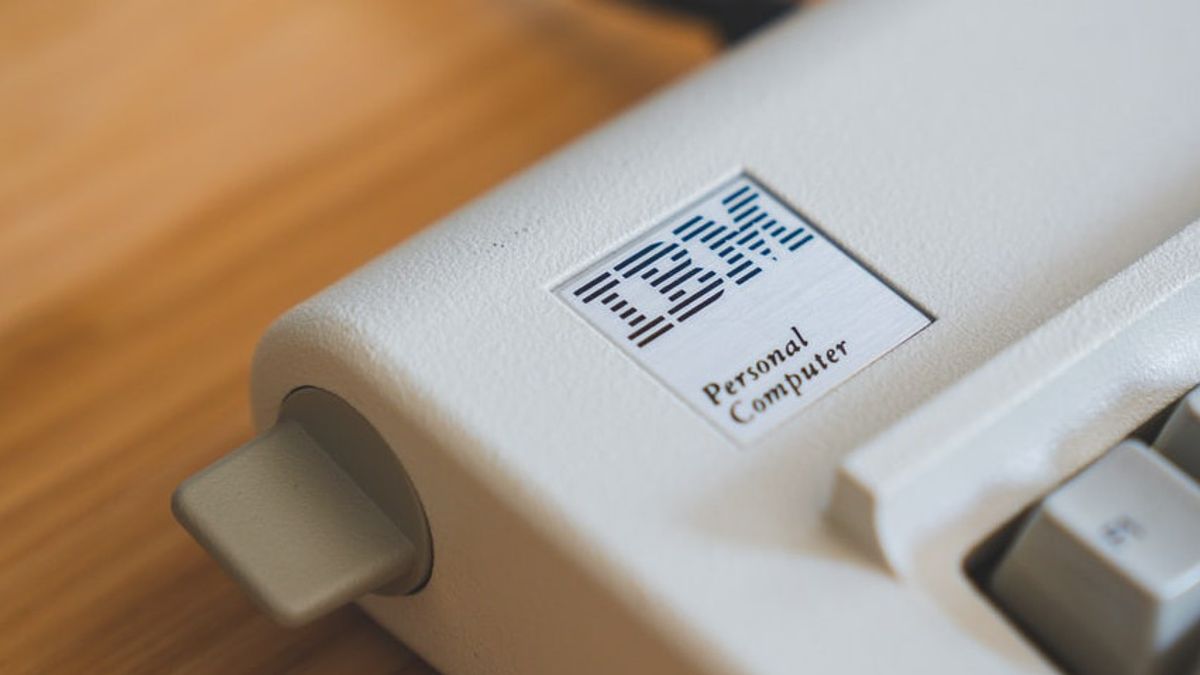JAKARTA - International Business Machines (IBM) on Monday November 15 said it had designed a new quantum computing chip that its executives believe will allow quantum systems to begin to outperform classical computers on several tasks in the next two years.
IBM says the "Eagle" computing chip has 127 so-called "qubits," which can represent information in quantum form. Classical computers work using "bits" which must be 1 or 0, but qubits can be 1 and 0 at the same time.
That fact could someday make quantum computers much faster than their classical counterparts. However, qubits are very difficult to build and require large cryogenic refrigerators to operate properly.
While Apple Inc's latest M1 Max chip has 57 billion transistors - a rough proxy for bits. IBM says its new Eagle chip is the first to have more than 100 qubits.
But IBM says that new techniques it learns to build the chip, which is manufactured at its facility in New York state, will eventually yield more qubits when combined with other advances in cooling systems and quantum computer control.
SEE ALSO:
IBM also said Monday that it plans an "Osprey" chip by 2022 with 433 qubits and a "Condor" chip with 1.121 qubits.
At the time, IBM said it was approaching what is called "quantum superiority," the point at which quantum computers could beat classical computers.
Darío Gil, Senior Vice President at IBM and head of its research division, said that doesn't mean quantum computers will overtake traditional computers all at once. Instead, what IBM envisions is a world where some parts of computing applications run on traditional chips and some parts run on quantum chips, depending on what is best for each task.
"We believe that we will be able to achieve a demonstration of quantum superiority - something that could have practical value - in the next few years. That is our quest," Gil said.
The English, Chinese, Japanese, Arabic, and French versions are automatically generated by the AI. So there may still be inaccuracies in translating, please always see Indonesian as our main language. (system supported by DigitalSiber.id)












